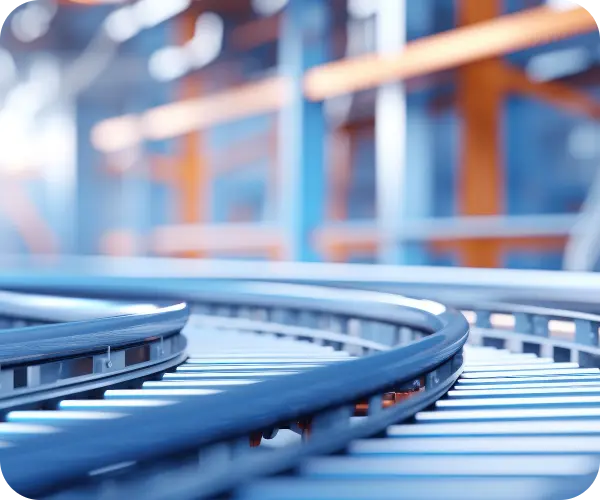Meat processing industry
- Home
- Customer solutions
- Meat processing industry

Substantial increase of disposal costs
Red meat processing facilities consume significant amounts of energy for tasks such as refrigeration, heating, ventilation, and processing operations, all of which contribute to carbon emissions. Moreover, these facilities generate various forms of waste, including animal by-products and wastewater, leading to a substantial increase in disposal costs. One of the pressing challenges red meat processors (RMPs) are facing today is the escalating pressure from consumers, investors, and regulatory bodies to embrace sustainable practices in waste management and energy efficiency to minimize their carbon footprint.
Our impact
Pelleton Renewables offers support to red meat processors (RMPs) in their endeavors to reduce the carbon footprint, disposal costs, and energy expenditures by transforming the biomass waste streams of RMPs (such as belt press sludge and paunch) into valuable energy sources (EnerPel™) or fertilizer products (FertiPel™). Using patented chemical desiccation processes, Pelleton technology significantly reduces the volume and weight of diverse waste streams by up to 80% through moisture content reduction.
- Moisture reduction from 80% up to 10%
- Reduction of disposal costs for the biowaste up to 150USD/tons
- Replacement of fossil fuel with sustainable energy source, generating savings of up to 50%
- Lowering of landfill costs of 100 USD/tons of waste stream
- Lowering of scope 1 and scope 2 emission footprint up to 98% and meeting of GHG targets
Customer reference:
Sustainable fuel solution for red meat processors
In a pioneering trial conducted in March 2023, Pelleton Renewables transformed cattle sludge and paunch waste from a leading global red meat processor into high-efficiency biomass pellets. These were tested in a 523 kW pilot biomass system at the client’s site.
Economic and Environmental Benefits:
This trial, part of a broader initiative by the Australian Meat Processor Corporation (AMPC), showcased the potential for biomass boilers to deliver significant cost savings, offering heat at less than $3 per GJ—substantially lower than the costs associated with traditional coal and natural gas.
Emissions Reduction:
We compared the emissions from traditional coal-fired boilers to our biomass solution in a biomass boiler:
- Traditional Coal Boiler: 869.91 tonnes of CO2 equivalent per annum.
- Biomass Solution (EOS 45 Uniconfort Boiler): Only 14.62 tonnes of CO2 equivalent per annum.
These tests confirmed a dramatic reduction in greenhouse gas emissions —up to 98% compared to coal and 96% compared to natural gas. This aligns with the industry’s goal of achieving carbon neutrality by 2030.
Our emissions tests, conducted by Assured Environmental, confirmed that our biomass pellets were well within regulatory standards for emissions, including carbon monoxide, sulphur dioxide, and NOx levels.
